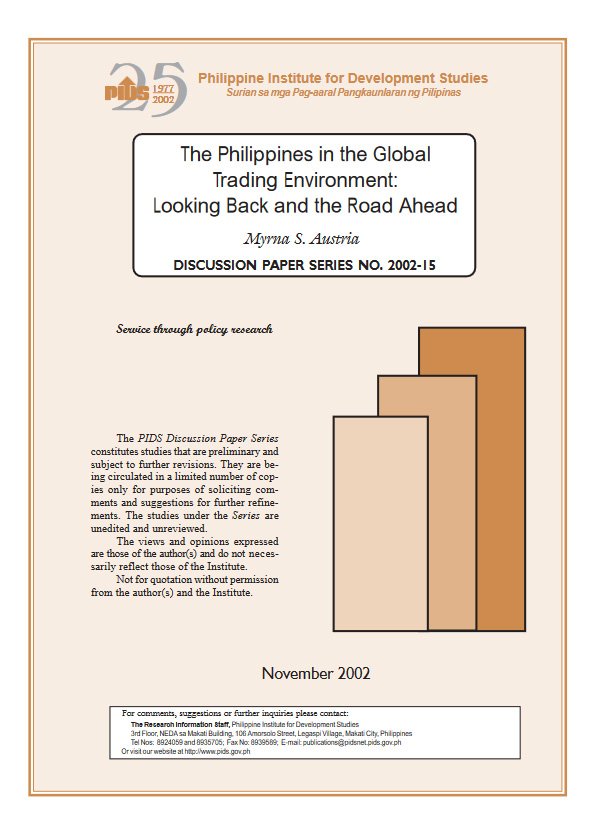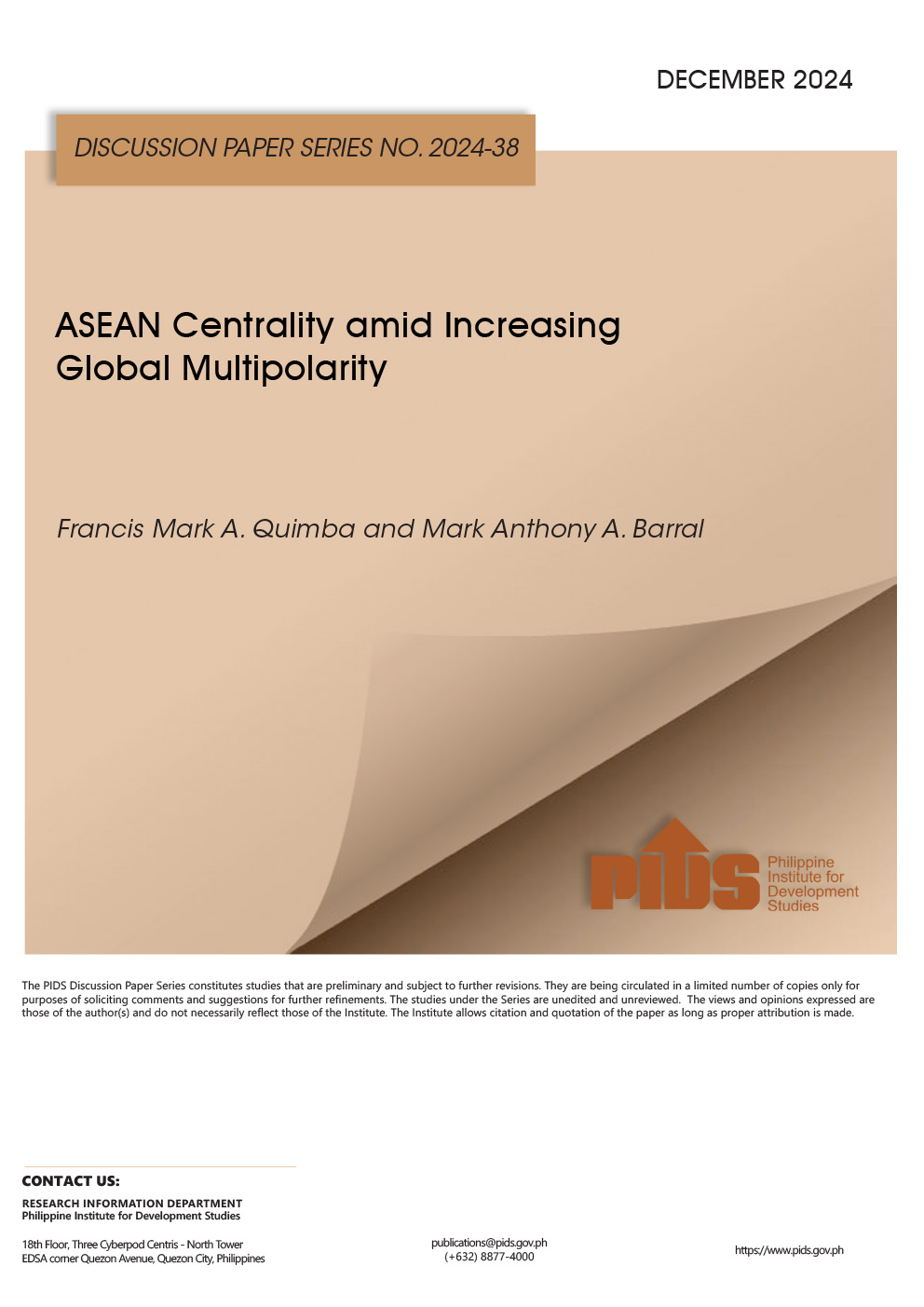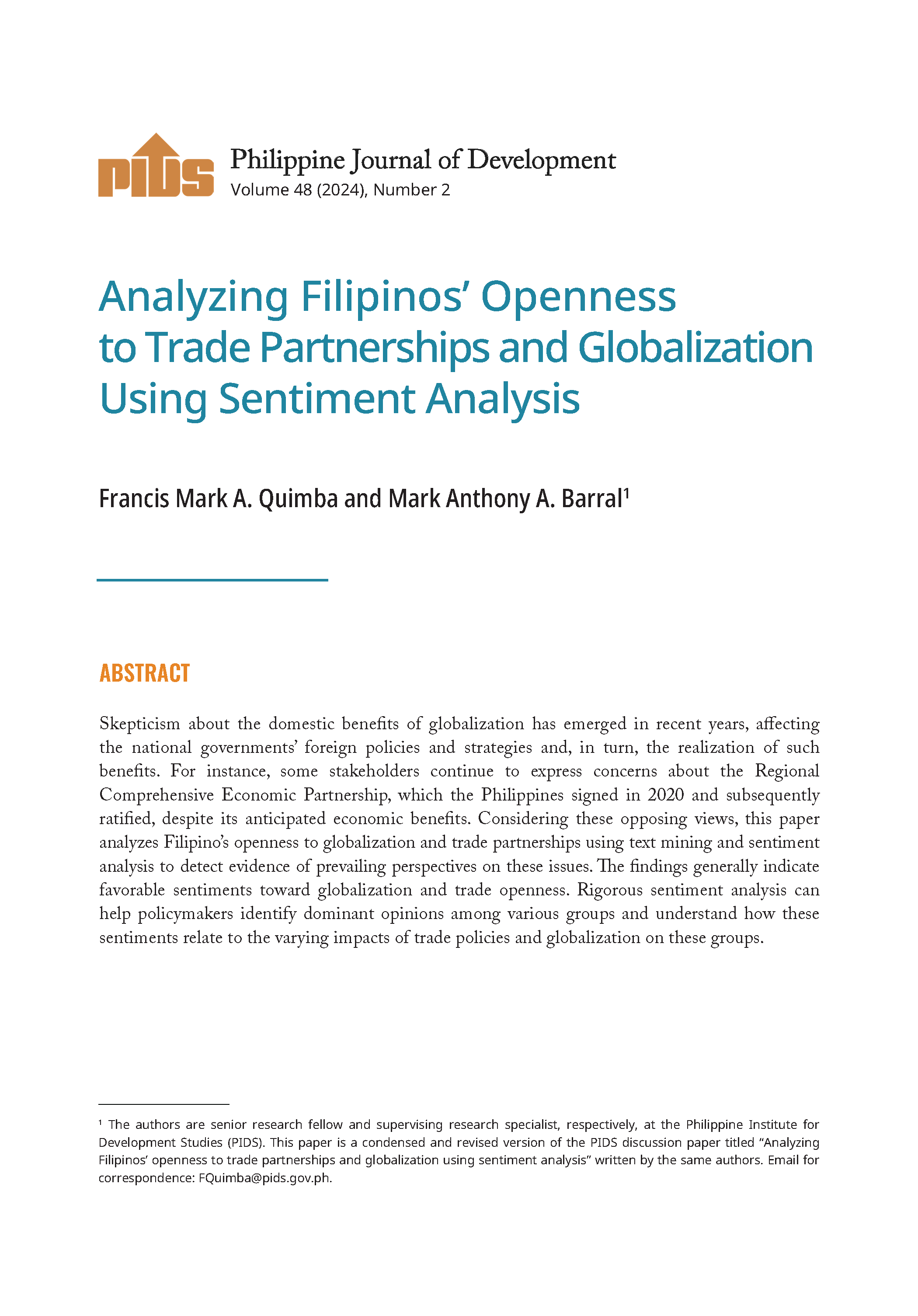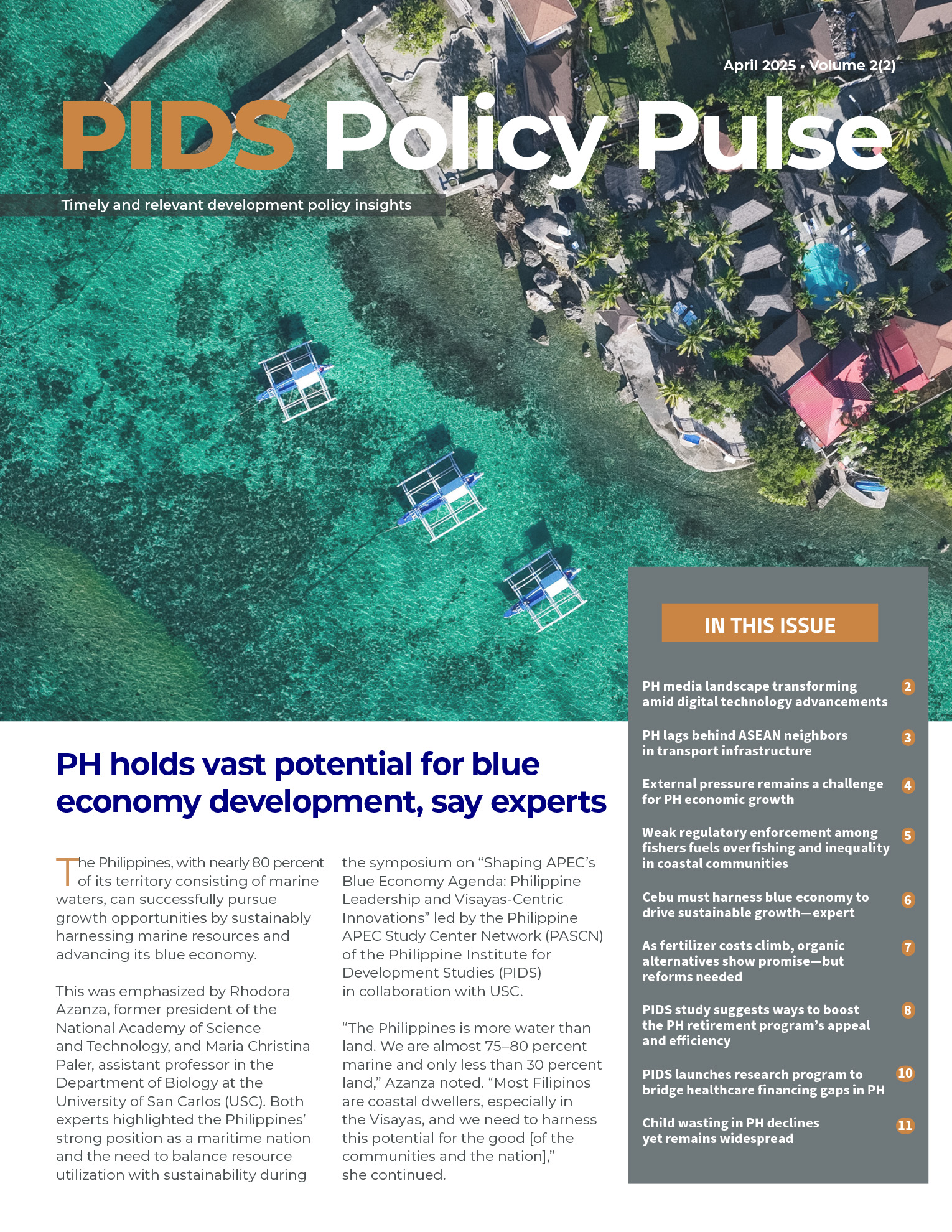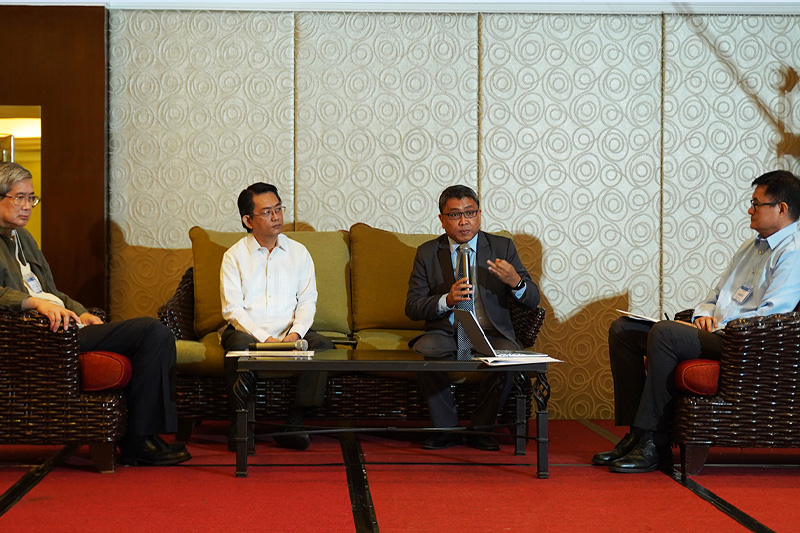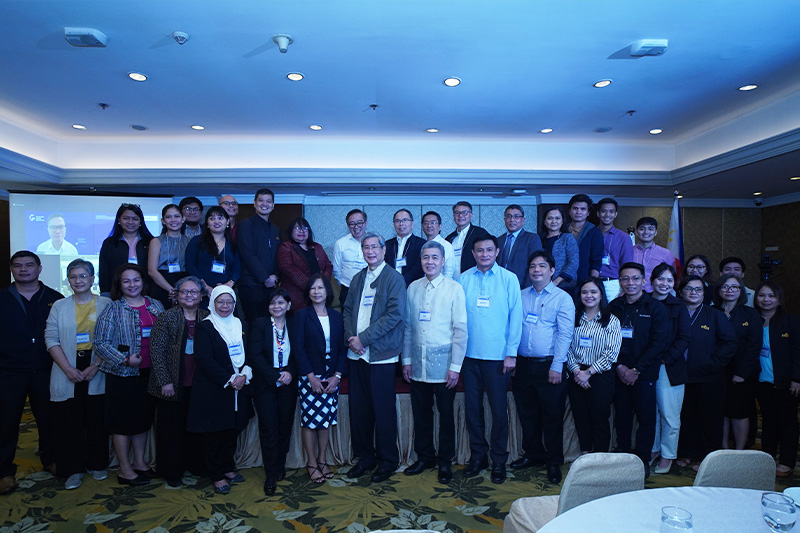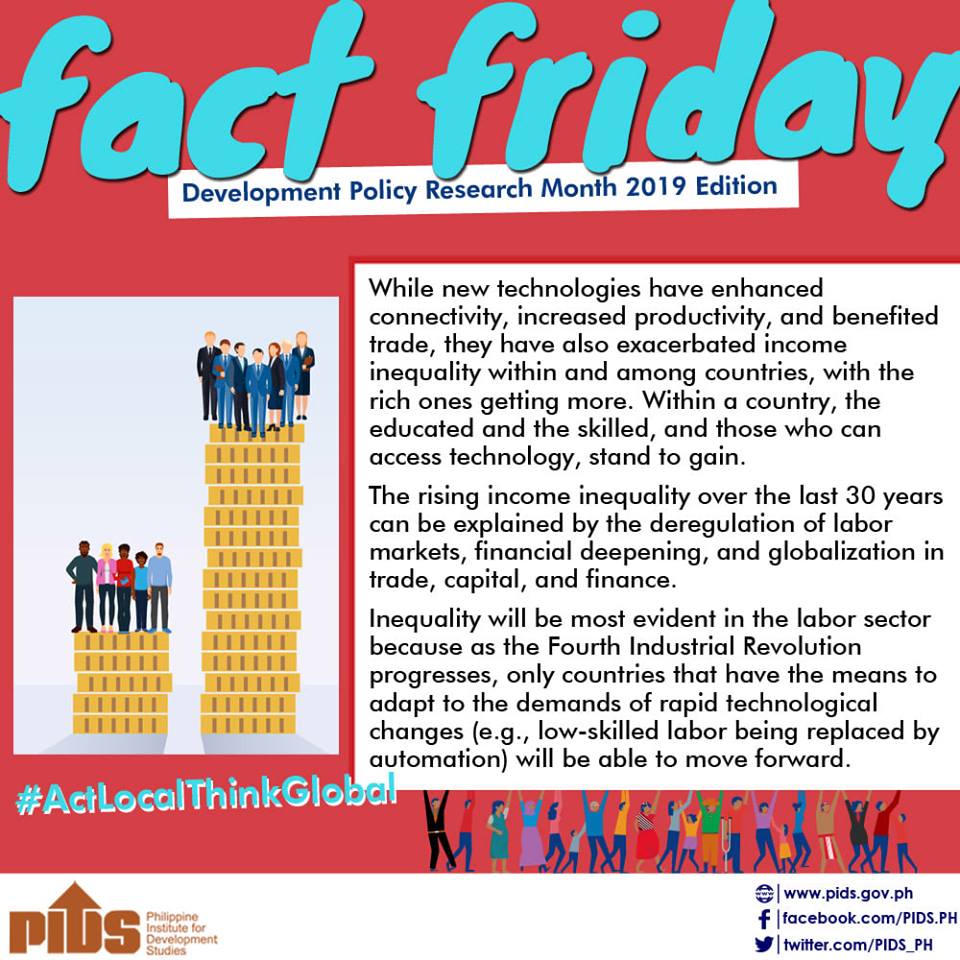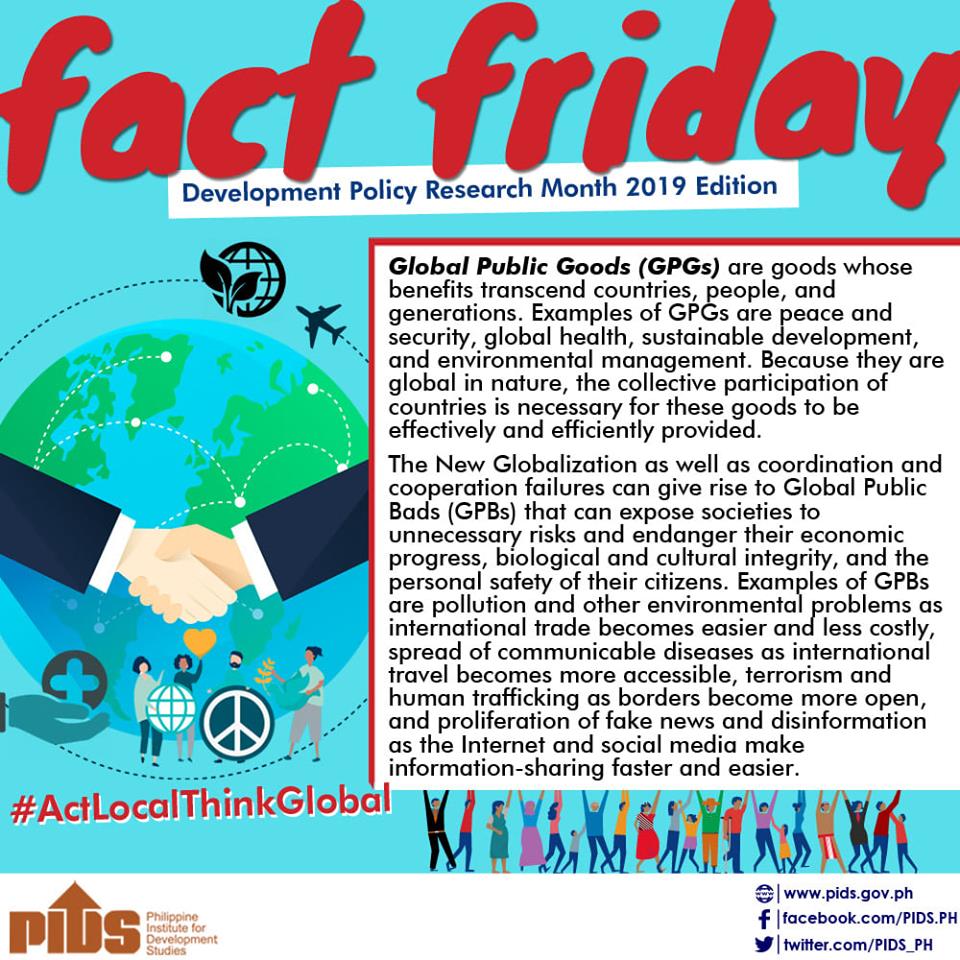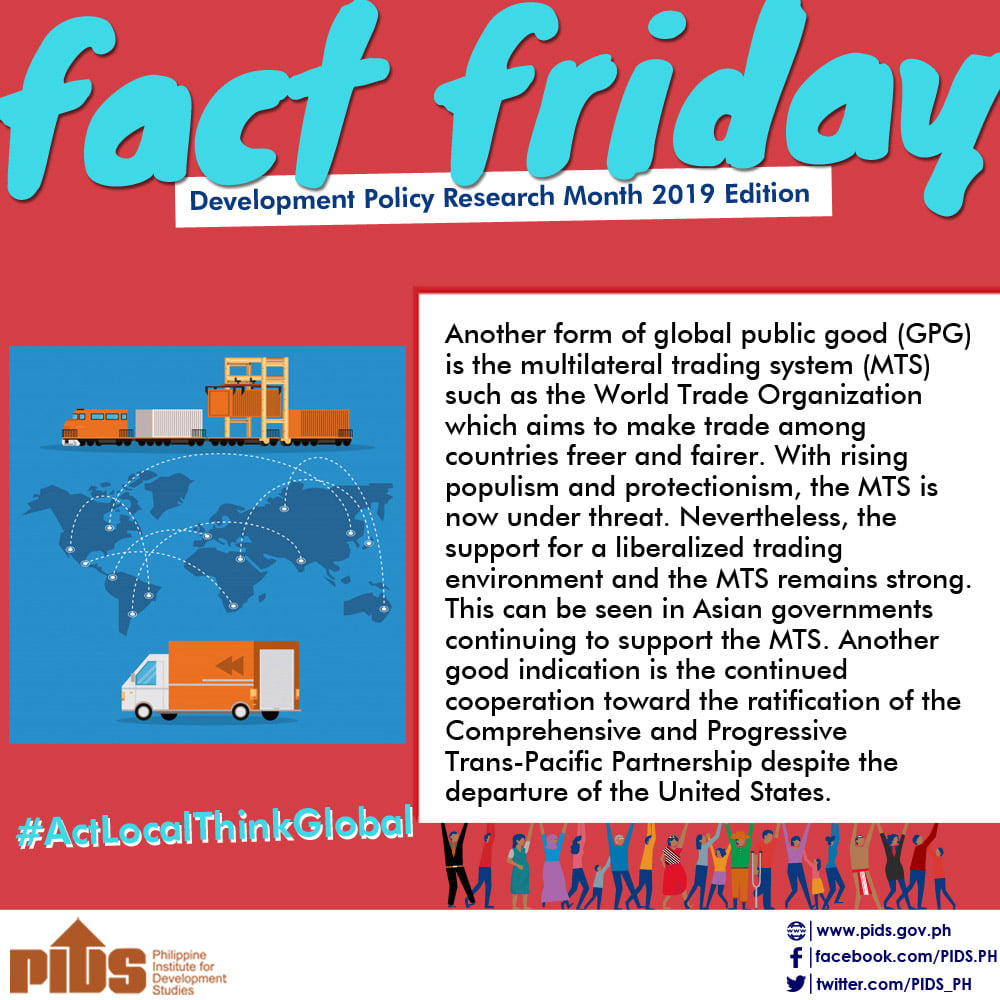The government has implemented substantial trade and investment policy reforms during the last two decades following a three-track approach involving unilateral, regional and multilateral modalities towards freer trade and investment. The reforms resulted to improvements in domestic resource allocation, increased productivity, increased competitiveness of manufacturing industries, expansion of exports and the increased integration of the country in the global market. Yet the growth of the industry sector, particularly manufacturing, has not been as robust as many had expected, leading some sectors to question the reforms. This requires some hard thinking but at the same time pose a great challenge to policymakers. The experience of the country during the past two decades shows that getting the most out of international trade is not just a matter of shift away from exports of primary commodities to exports of manufactures. This paper argues that the effect of international trade on the country鈥檚 economic growth depends largely on how much of that trade is linked to the domestic economic activity. In effect, the fundamental policy issue for the government is not one of more or less trade liberalization, but how best to extract from the country鈥檚 participation in the global trading system the elements that will promote economic development, especially now that the global trading environment is becoming much more complex than what it was two decades ago. This paper addresses this issue, including the opportunities as well as the challenges that lie ahead for the country under the emerging more complex global trading environment.
Citations
This publication has been cited 4 times
- Cockburn, John, Erwin L. Corong, and Caesar B. Cororaton. 2008. . Asian Economic Journal, 22, No. 3, 289-319. East Asian Economic Association.
- Cororaton, Caesar B. and Erwin L. Corong. 2006. . Working Papers MPIA 2006-09. PEP-MPIA.
- Medalla, Erlinda and Melalyn Mantaring. 2009. . Discussion Papers DP 2009-35. Philippine Institute for Development Studies.
- World Bank. 2005. . World Bank Publications - Reports 8552. The World Bank Group.

